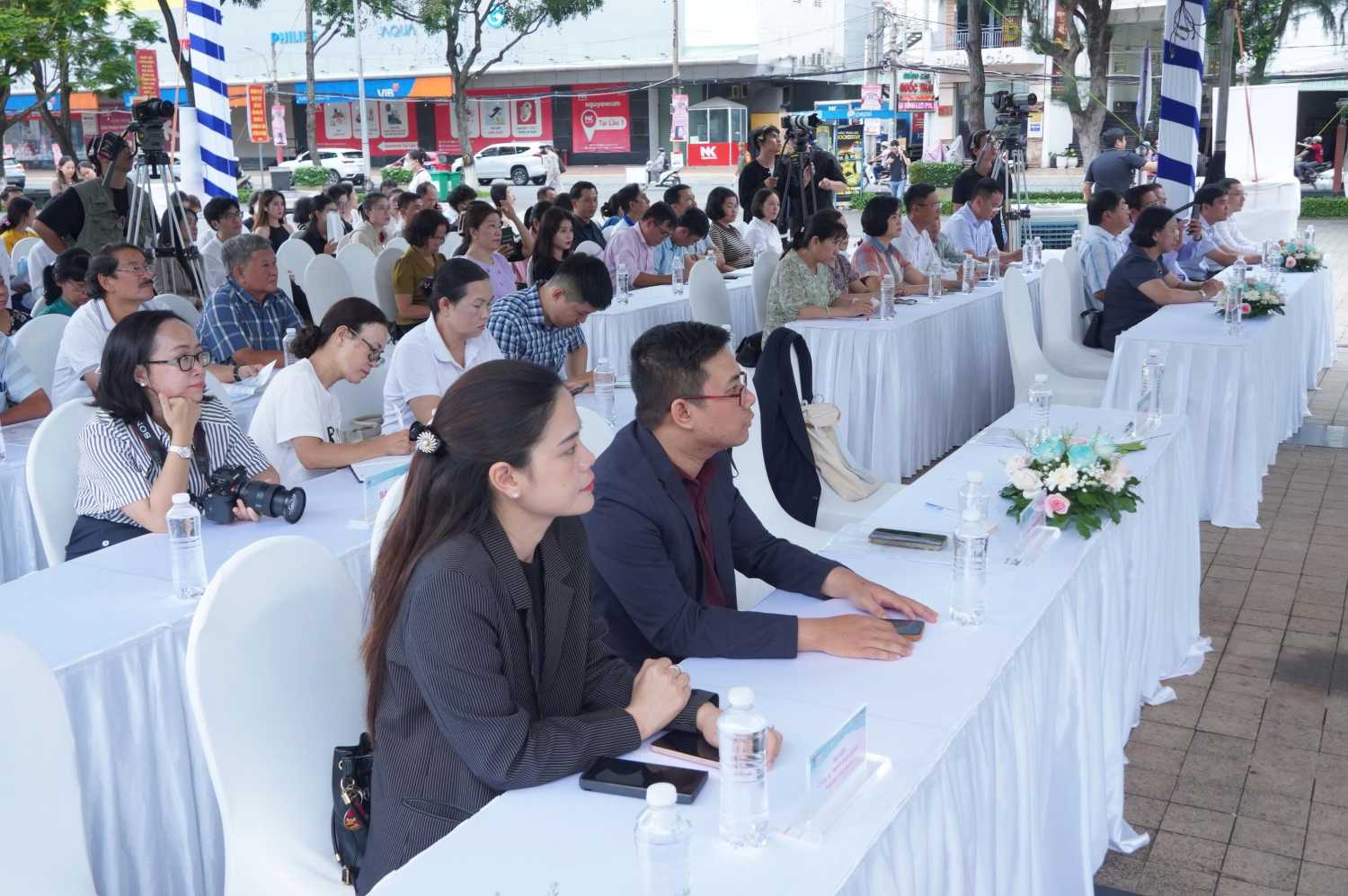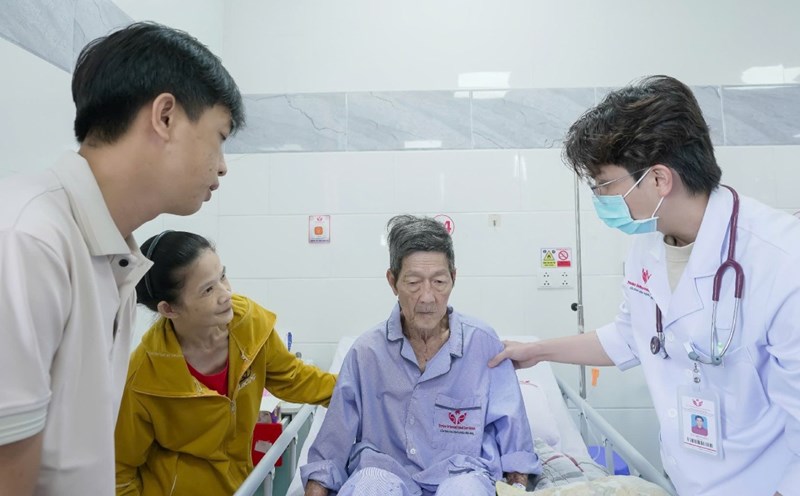On the afternoon of October 25, in Can Tho City, the Public Health Discussion with the theme "Degenerative dengue fever in the Mekong Delta: Red alert with unpredictable complications" took place.
The seminar took place in 3 parts: Epidemiology and the context of dengue fever in the Mekong Delta; Dangerous complications and misconceptions about dengue fever; Solutions and community actions.

According to the Organizing Committee, dengue fever is an infectious disease caused by a virus transmitted through Aedes mosquitoes, including Aedes aegypti ( mosquitoes) or Aedes albopictus mosquito (Asian tiger mosquitoes), which has spread rapidly globally. This is a dangerous disease, with no specific treatment at present.

The dengue virus has 4 serotypes. Each type can cause mild to severe dengue fever.
Accordingly, the incidence and risk of serious illness in children with secondary dengue fever were recorded at 41%, compared to children with firstary dengue fever.

According to the diagnosis and treatment guidelines of the Ministry of Health for dengue fever, dengue fever has diverse clinical manifestations, and can progress rapidly from mild to severe. The disease often starts suddenly and progresses through 3 stages: fever stage, dangerous stage and recovery stage.
Early detection of the disease and a clear understanding of clinical problems at each stage of the disease help diagnose early, treat it correctly and promptly, to save the patient's life. In particular, the dangerous stage is usually the 3rd - 7th day of the disease. The recovery period is usually on the 7th - 10th day of the disease.

On average, 1 in 20 people with dengue fever will have severe dengue fever. Severe dengue fever can lead to shock, internal bleeding and even death.
The organizing committee also informed that the World Health Organization (WHO) announced that dengue fever is spreading in 129 countries. As of early July 2025, there have been more than 4 million dengue cases with more than 3,000 deaths related to dengue fever in 97 countries.

According to the report of the Ministry of Health, the whole country has recorded 86,253 cases of dengue fever since the beginning of the year to October 7, 2025. Compared to the same period in 2024, the number of cases increased by 15.3% and 6 deaths were higher.
In Can Tho City (new), accumulated from the beginning of the year to October 22, 2025, 3,472 cases of dengue fever were recorded. Of which, at Can Tho Children's Hospital, a regional final-line pediatric hospital in the Mekong Delta region, in the first 6 months of 2025, it treated 554 cases of dengue fever inpatiently, an increase of 51% (severe dengue fever increased by 34% compared to the same period in 2024).
The dengue fever epidemic in Vietnam is entering a complicated phase. Due to the habit of storing water and the continuous and longer entrance to the rainy season, it contributes to creating an ideal environment for epidemics.











